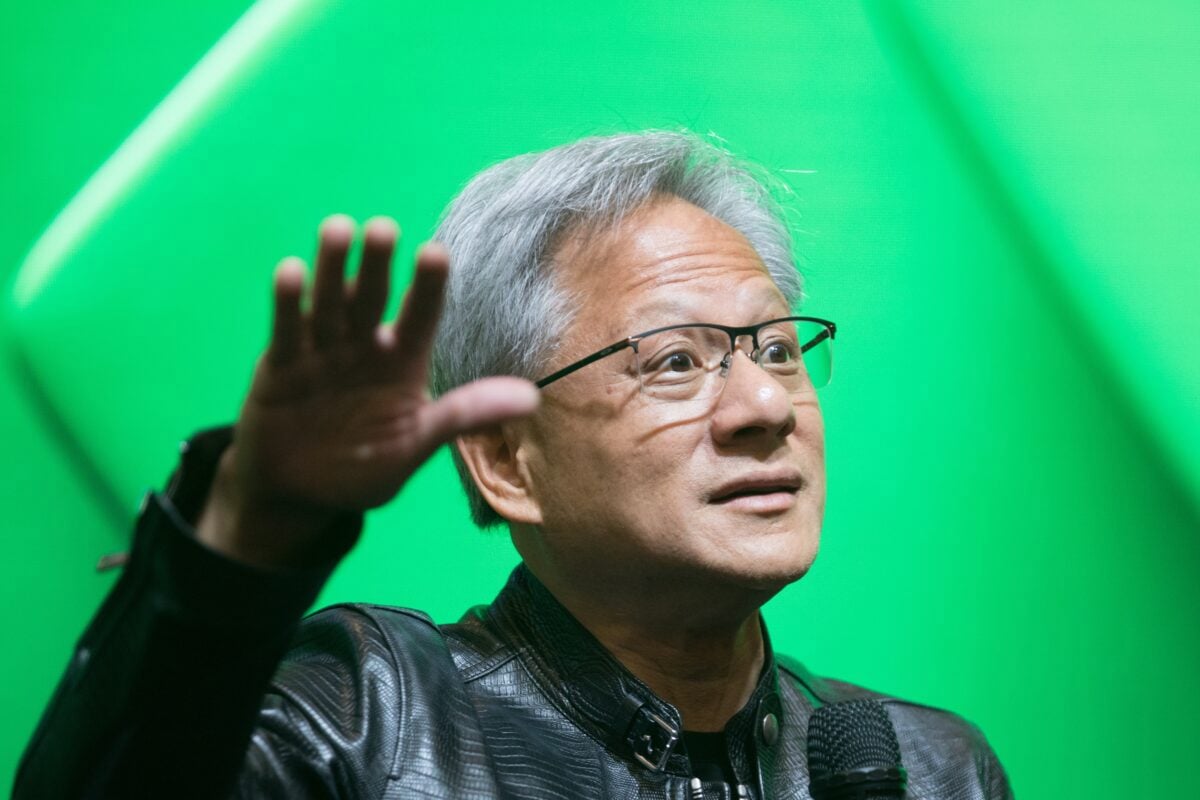TLDRs;
- Nvidia CEO Jensen Huang urges Washington to allow US firms to compete freely in China for global economic gains.
- Huang warns China’s chipmaking industry is “nanoseconds behind” the US, highlighting its talent, speed, and growing competitiveness.
- Export curbs on Nvidia GPUs have disrupted sales, though a levy-based deal has temporarily reopened shipments to China.
- Chinese tech giants, including Huawei and Alibaba, are accelerating domestic chip development to reduce reliance on US suppliers.
Nvidia CEO Jensen Huang has made a renewed appeal to Washington, urging the US government to allow American technology firms to compete more freely in China despite rising geopolitical tensions.
Speaking on the BG2 podcast Friday , Huang argued that open markets would benefit not only China but also America’s economic strength and global influence.
“What’s in the best interest of China is for foreign companies to invest, compete, and help drive innovation,” Huang said. He stressed that the US could only maximize its technological and geopolitical leadership by ensuring its companies maintain a global presence, including in China, one of the world’s largest technology markets.
China “Nanoseconds Behind” in Chips
Huang underscored how rapidly China is catching up in semiconductor development, describing the country as just “nanoseconds behind” the US in chip technology. He pointed to China’s vast talent pool, entrepreneurial culture, and intense regional competition as factors pushing domestic firms to innovate at breakneck speed.
“This is a vibrant, entrepreneurial, hi-tech, modern industry,” Huang said, adding that Chinese firms are moving aggressively to reduce their reliance on US chipmakers.
He warned that without open competition, America risks ceding ground to China’s fast-rising semiconductor sector.
Export Curbs Challenge Nvidia’s Growth
Nvidia, now the world’s most valuable chipmaker with a market capitalization surpassing $4.3 trillion, has faced mounting pressure from US restrictions on exports to China.
The company’s advanced graphics processing units (GPUs), which power artificial intelligence models worldwide, have been subject to curbs amid Washington’s concerns over national security.
Earlier this year, exports of Nvidia’s H20 chip, a downgraded version designed to comply with restrictions, were temporarily halted before resuming under a new deal. Under the arrangement, Nvidia secured export licenses in exchange for remitting 15% of its Chinese sales to the US government. While the agreement has allowed some sales to continue, uncertainty remains over the long-term outlook of Nvidia’s operations in China.
Chinese Firms Build Domestic Alternatives
Meanwhile, Chinese tech giants are ramping up their own semiconductor efforts. Companies like Alibaba, Tencent, ByteDance, and Baidu are investing heavily in chip design, while Huawei recently unveiled new AI chip strategies aimed at bypassing reliance on Nvidia. Analysts say these developments could reshape global chip supply chains, creating parallel ecosystems for AI hardware.
Despite this, Huang dismissed fears that the AI industry might face overcapacity.
“Nobody needs atomic bombs. Everybody needs AI,” he remarked, emphasizing that the global demand for accelerated computing will remain strong for years to come.







